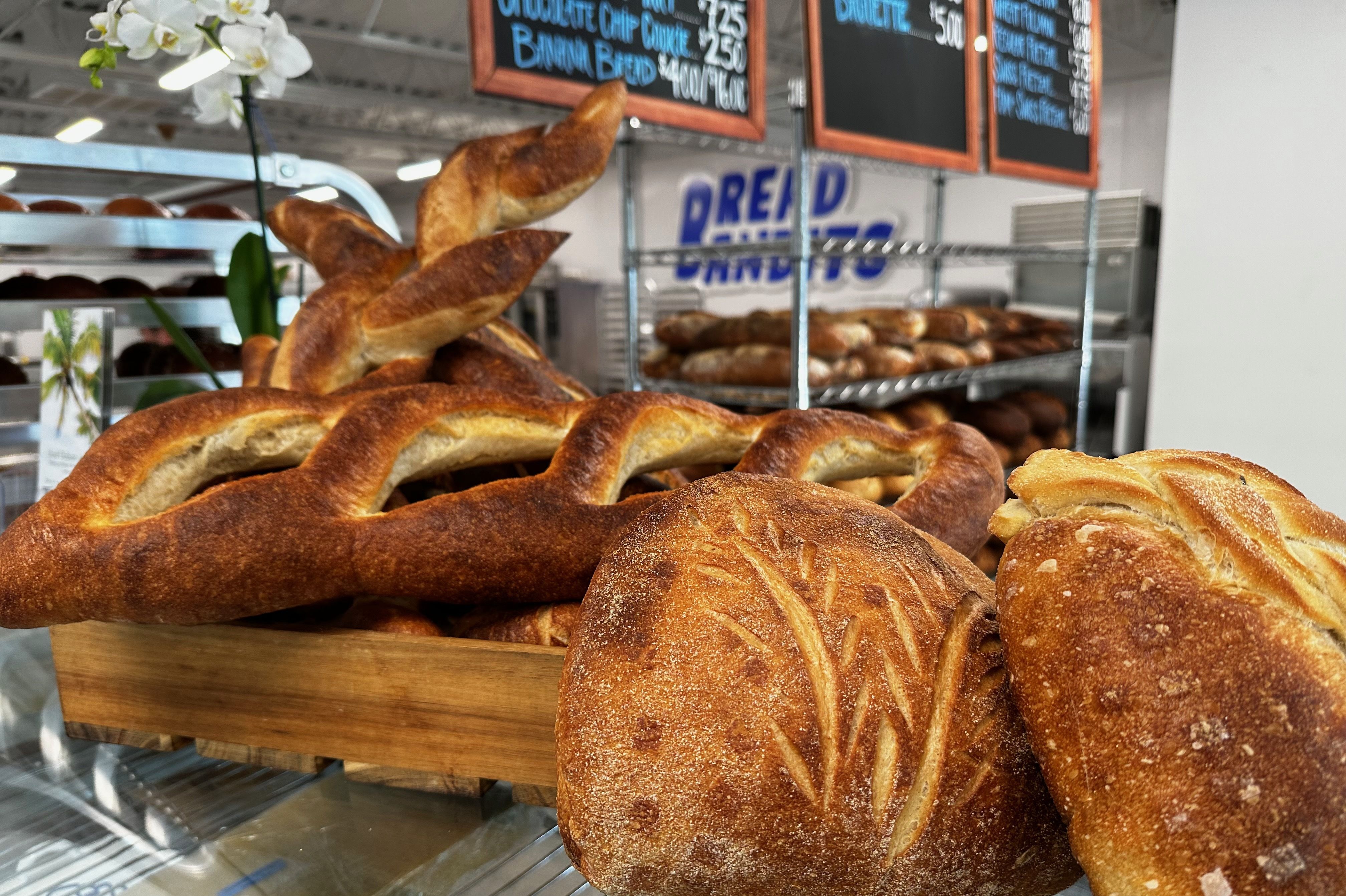How The Great British Baking Show Can Save Your Sanity

The cast of The Great British Baking Show.
Image: Courtesy Photo
When life starts to feel like a toxic tire fire, you just need to watch Brits bake Victoria sponge cakes.
Let me explain.
Can we all agree that 2016 was a terrible year, particularly the last quarter? (Editor's note: Let's be honest, 2017 and 2018 haven't been much better.) From the nastiness of the presidential election to the crisis in Syria to the spate of celebrity deaths, I would—more often than not—come home from work, flop onto my couch, turn to my husband and ask, “Can we bake?”
“Bake,” in this case, meant turn on an episode of The Great British Baking Show, the hit British reality show that’s presented here in the States on PBS. Each week, the show follows a group of 12 bakers as they compete for the title of Baking Show champion; it’s hosted by comedy duo Sue Perkins and Mel Gierdroyc and judged by aptly named British baking experts Paul Hollywood and Mary Berry.
It sounds like your average cooking show, but it’s so much more.
First, there’s no monetary prize. The contestants compete for the title of best baker in Britain, which comes with a bouquet of flowers and a crystal cake stand. These are handed out at a classic British tea party at the end of the competition, after the original 12 bakers are whittled down to three. That’s done through three baking challenges per show: a “signature,” in which the bakers put their spin on a classic pastry; a “technical challenge,” in which they have to make a perfect rendition of one of Hollywood’s or Berry’s classic recipes; and a “showstopper,” in which they go all out and create a masterpiece based on the ingredient or theme of the week.
Second, unlike on American reality TV, the bakers and the hosts are kind to one another. When their fellow contestants’ projects break or topple, they rush to help out. And when another contestant does well, they smile and applaud and seem genuinely happy. When I first started watching, I was waiting for drama—for someone to sabotage another baker by replacing sugar with salt, tossing wine in his face or throwing a prosthetic leg across the room à la Real Housewives.
Instead, the pinnacle of drama on The Great British Baking Show occurred when one contestant, Diana Beard, removed another’s baked Alaska from the freezer and allowed it to melt. Upon discovering it, the wronged baker—Iain Watters—threw the cake in the trash can, or “bin” as it’s called in the U.K., and was voted off the show. Incensed by “bingate,” British viewers took to social media in Watters’ defense, demanding that the BBC apologize to him and creating a hashtag: #justiceforIain. (“Absolute carnage! Bring back Iain!” one viewer tweeted.) All over a baked Alaska. Watters told the Belfast Telegraph that he didn’t believe it was “sabotage,” but that he didn’t “intend to ever make [a baked Alaska] again.”
Wouldn’t you rather watch that instead of the nightly news? As the headlines grew uglier last fall and the political discourse on social media reached a fever pitch, I burrowed deeper into episodes of the baking show. My husband and I became obsessed, blowing through entire past seasons in mere days.
And then, as if it the year weren’t bad enough, 2016 handed us another bombshell: After a dispute between Love Productions, which produces The Great British Baking Show, and the BBC, the show moved to a new home on Channel 4 in the U.K.—but Berry, Perkins and Giedroyc declined to go with. Only Hollywood is staying. That means that we Americans only have one unaired season with the original cast left. I weep. But I guess, just as in life, all we can do is move forward. And maybe we can even take a cue from the Great British bakers and be a little kinder as we do.



